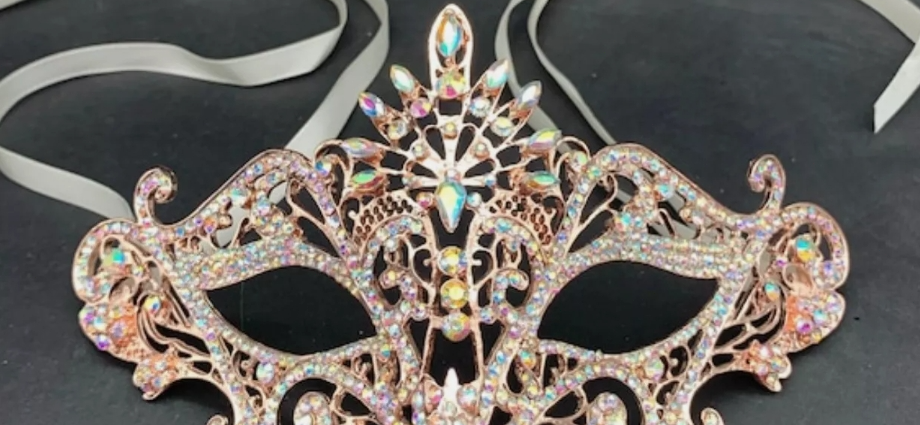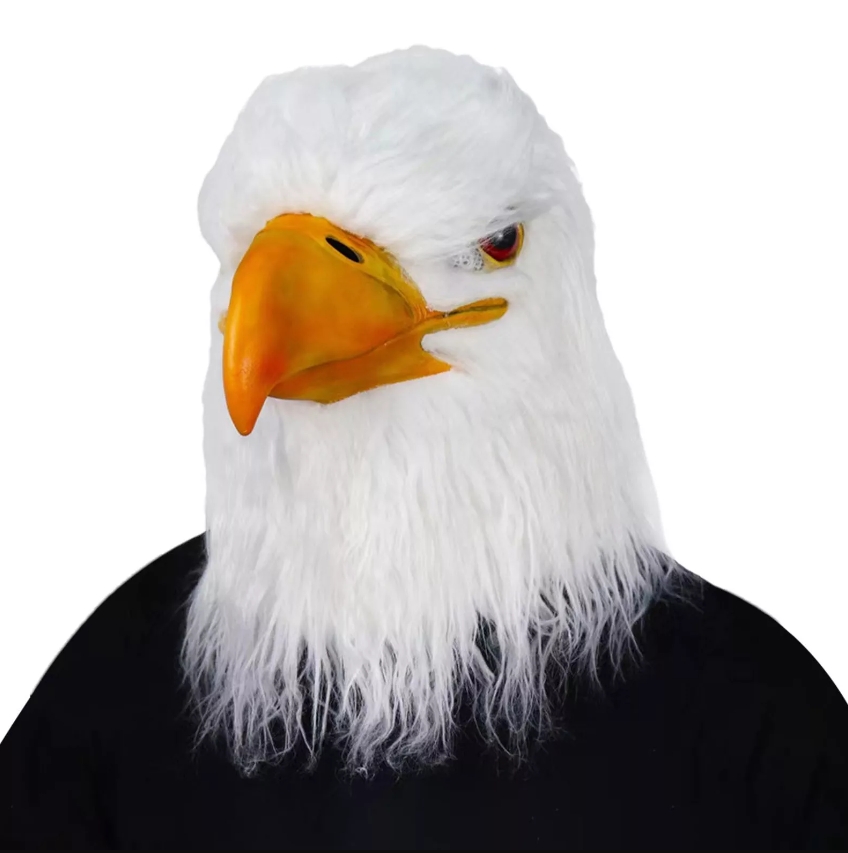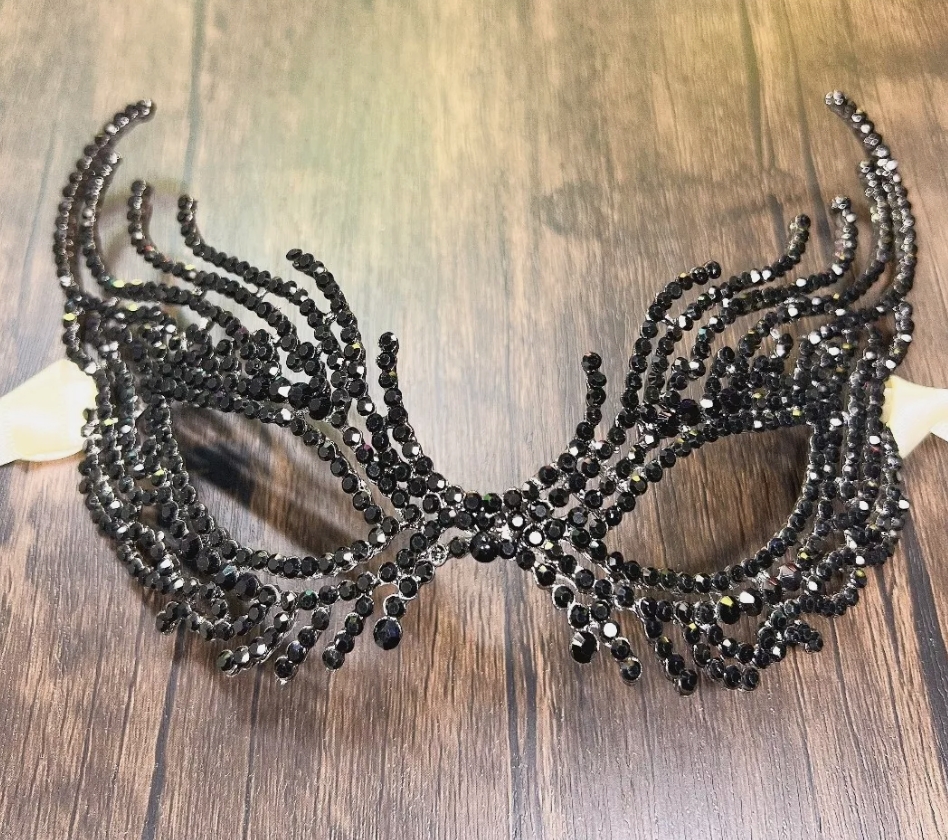Masks, as a unique cultural symbol, carry rich meaning and multi-level expression. In different historical periods and cultural contexts, the functions and uses of masks vary, but they have always been closely connected with the human heart, society and natural environment.
From ancient religious rituals to modern stage performances, masks exist not only to conceal the face, but also to express another identity or emotion. When the mask is worn, the boundaries between the wearer and their true self seem to be blurred, as if they can release their innermost emotions and potential. Whether it is laughter or sadness, masks can show these emotions in an exaggerated way, giving the audience different feelings.
Masks also carry powerful symbolic meanings in many cultures. They can represent gods, ancestors or elements of nature, connecting people to a higher power. In some sacrificial practices, the wearer of the mask is considered to be a mystical medium through which the faithful are able to communicate with a transcendent being. This sense of mystery not only solidifies faith, but also allows participants to experience a state of transcendence.
In modern society, the forms and functions of masks are more diverse. They are not only a vehicle for artistic creation, but also a tool for socializing and expressing individuality. At parties, festivals or cultural events, masks provide a platform for people to release themselves, allowing participants to temporarily escape the norms of daily life and reveal a more assertive and diverse self.
However,there is also a deep social meaning behind the mask. When a person chooses to wear a mask,it is not only a manifestation of personal will,but also a reflection of social expectations and pressure on the individual. To some extent,masks help people adapt to social roles and assume certain responsibilities and images, however, it can also lead to depression and loss of the true self.




